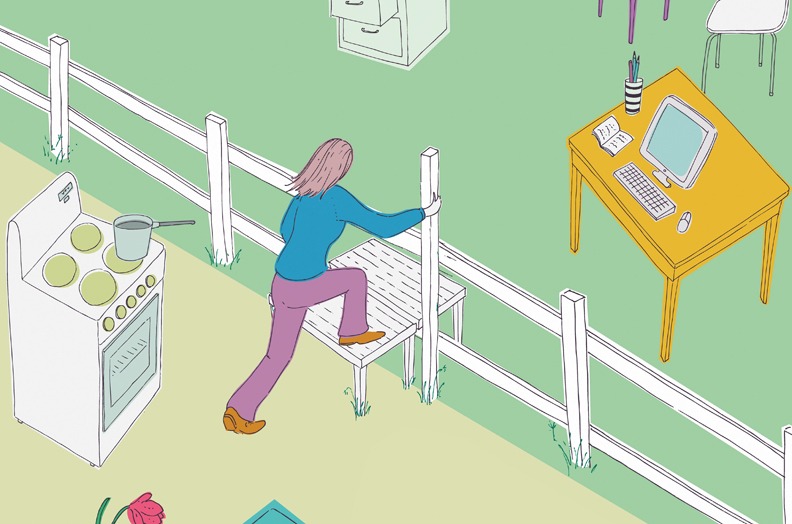Not so long ago, multitasking was de rigueur for those wishing to get ahead. But it seems the monotaskers among us have been working more effectively all along. Here are our top tips for successful monotasking.
1 Turn off the tech
A survey by Nottingham Trent University found that participants checked their phone 85 times a day, amounting to five hours usage. Treat your mobile as the enemy of monotasking. Switch it off until you are ready for a break or, if you’re not prepared to do that, turn off notifications or use an app-blocker.
2 Set aside time to monotask
If you have an important job to do, give yourself enough time to make a decent start on it – at least 15 minutes to begin with and longer as your attention span increases. Think about your day and schedule your monotasking for when you are least likely to be interrupted. It’s no good starting a project five minutes before you have to leave the house.
3 Clear your work area
Your physical environment can be as distracting as your virtual one so keep your workspace clear. Remember your brain has a novelty bias – that new CD or magazine sitting on your desk may be all it needs to lead you astray.
4 Clustertask
Tackle your emails in 15-minute chunks three or four times a day. Professor Nass says checking email has nothing to do with being efficient and all to do with running away from the job in hand, which is bad for your brain. When you clustertask emails, you consolidate the time you would spend answering them individually into one activity, thereby turning emailing from a distraction into a monotask.
5 Do not disturb
It’s that old destructive demon distraction again, this time in the form of family members and colleagues. If you have something you need to do, let people know ahead of time and ask them not to disturb you.
6 Take a break or even have a nap
Enough is sometimes enough. If you really have reached the limit of your concentration, take a break (that means a walk, a run, or a nap, not going onto Facebook or watching your favourite box set). Dr Levitin advises taking 15 minutes off every couple of hours to rest and refuel your brain. He states that a 10- or 15-minute nap during the day is roughly equivalent to 90 minutes’ extra sleep the night before and potentially raises your effective IQ by 10 points.
- Words: Xenia Taliotis
- Illustration: Ikon Images / Alamy Stock Photo
- Abstract taken from issue 9 of Breathe – order your digital copy here

